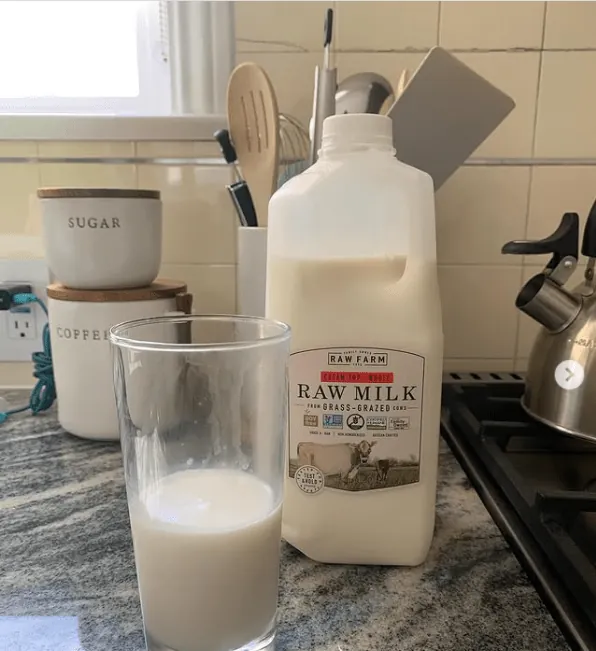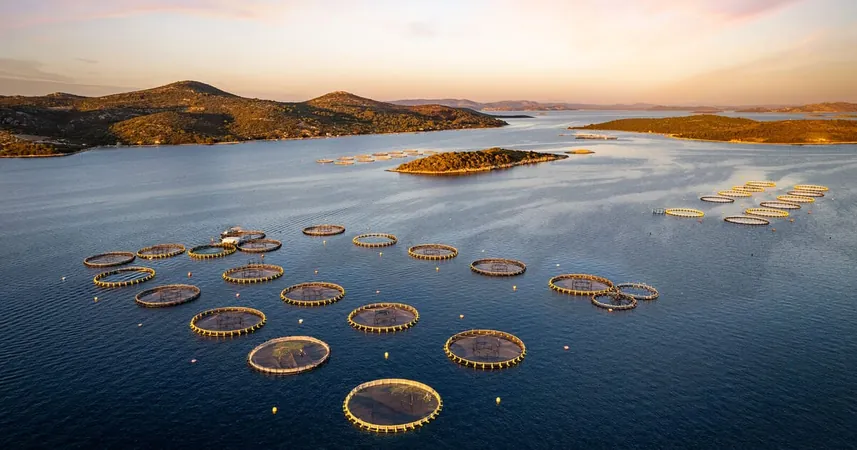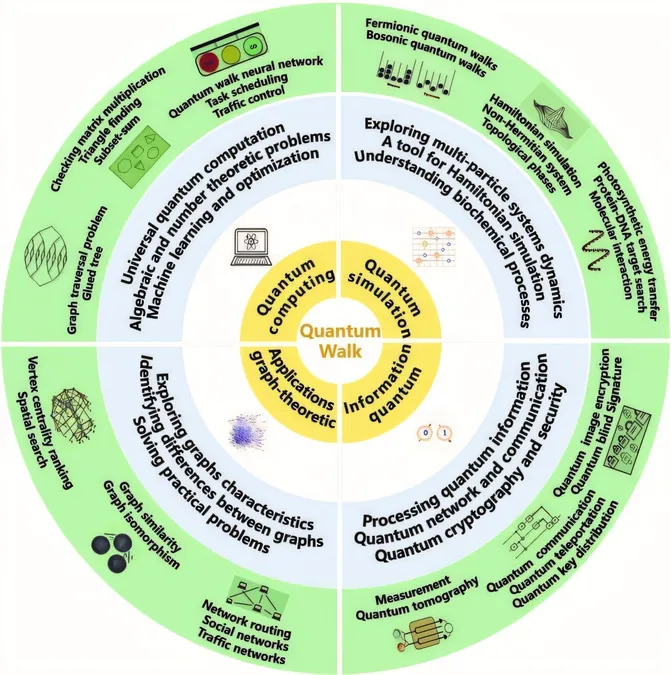
WHO Urges Global Action on Avian Flu & Advocates for Pasteurized Milk Consumption
2024-11-28
Author: Michael
WHO Urges Global Action on Avian Flu & Advocates for Pasteurized Milk Consumption
In a clear call to action, the World Health Organization (WHO) has emphasized the urgent need for enhanced surveillance of avian influenza, particularly the H5N1 strain, in both domestic and wild animals worldwide. Dr. Maria Van Kerkhove, a senior official at the WHO, highlighted that robust monitoring is essential to prevent potential pandemics arising from mutations that allow these viruses to infect humans more directly.
During a WHO press briefing, Dr. Van Kerkhove reiterated the organization's steadfast recommendation: drinking pasteurized milk instead of raw milk. This guidance stems from the risks associated with consuming raw milk, which can harbor multiple pathogens, including the H5N1 virus.
The situation regarding avian flu is becoming increasingly alarming. Dr. Van Kerkhove reported a rise in human infections, with about 55 cases noted thus far in 2024, predominantly in the United States. Despite the small number of cases, the trend demonstrates a worrying growth in infections linked to exposure from sick animals.
WHAT'S THE GENESIS OF THE H5N1 OUTBREAK?
The avian flu epidemic is affecting various animal species, including livestock and marine mammals. The virus's expansion has been significant in the United States, where the Department of Agriculture confirmed 505 dairy herds and 50 poultry flocks infected since March. The ongoing threat emphasizes the necessity for comprehensive monitoring of susceptible species, such as swine and cattle, to better understand and control the virus's spread.
Additionally, Dr. Van Kerkhove pointed out the importance of providing adequate protection for those working closely with animals. This includes appropriate personal protective equipment (PPE) and access to health care for workers who handle both infected and potentially infected animals. The aim is to mitigate the risk of further outbreaks through vigilant testing and thorough investigations of each reported human case.
As winter approaches, the humanitarian crisis in Gaza continues, with the WHO calling attention to the alarming conditions faced by the population. Among the 90% of residents living in tents, exposure to harsh weather and potential respiratory illnesses is exacerbated by the ongoing conflict.
While the WHO's recommendations for stronger surveillance may meet skepticism from the new U.S. administration, particularly amidst shifting priorities regarding public health, the urgency to address avian influenza cannot be overstated. With concerns over possible human-to-human transmission largely unsubstantiated, the focus remains on tracking and understanding infection pathways in exposed populations.
In conclusion, the WHO's advocacy for consuming pasteurized milk serves as a vital health reminder. The importance of ensuring food safety in an era of increasing pathogenic threats has never been clearer, especially as we navigate through the complexities of zoonotic viruses like H5N1.
Stay tuned for updates as global health leaders react to the WHO's call for vigilance and preventive measures in combating avian flu, and don't forget the critical health benefits of choosing pasteurized over raw milk!









 Brasil (PT)
Brasil (PT)
 Canada (EN)
Canada (EN)
 Chile (ES)
Chile (ES)
 España (ES)
España (ES)
 France (FR)
France (FR)
 Hong Kong (EN)
Hong Kong (EN)
 Italia (IT)
Italia (IT)
 日本 (JA)
日本 (JA)
 Magyarország (HU)
Magyarország (HU)
 Norge (NO)
Norge (NO)
 Polska (PL)
Polska (PL)
 Schweiz (DE)
Schweiz (DE)
 Singapore (EN)
Singapore (EN)
 Sverige (SV)
Sverige (SV)
 Suomi (FI)
Suomi (FI)
 Türkiye (TR)
Türkiye (TR)